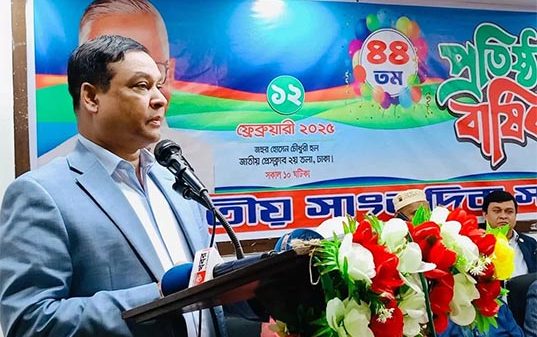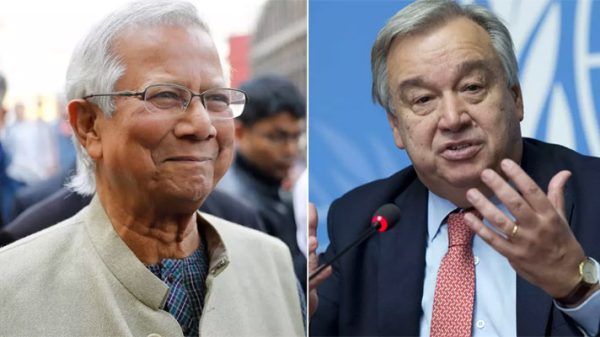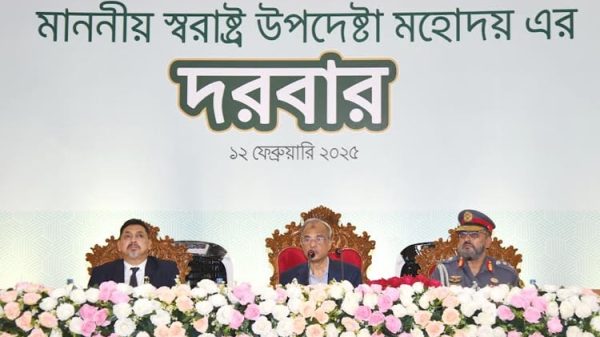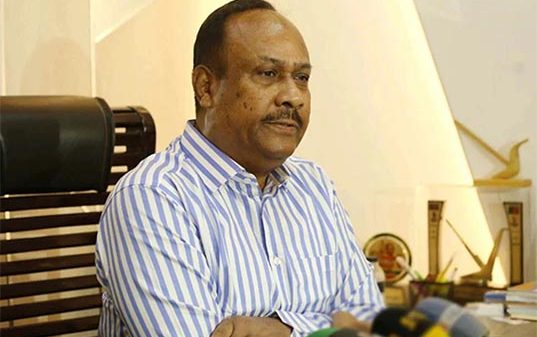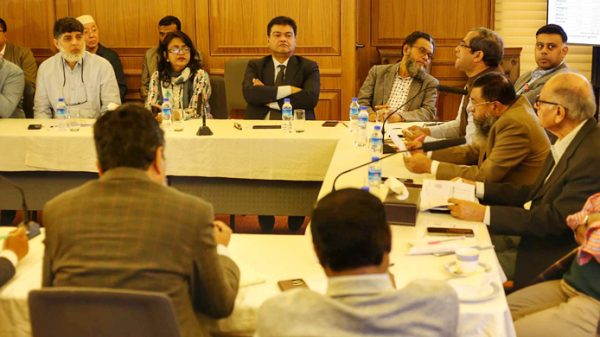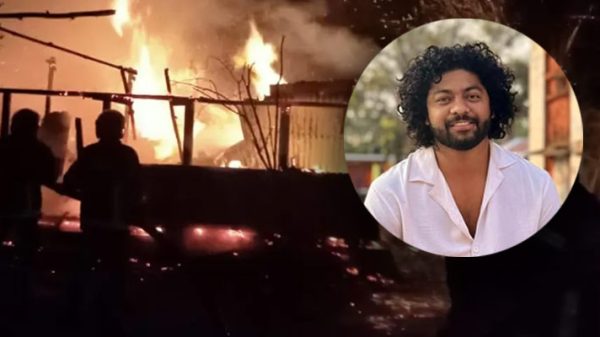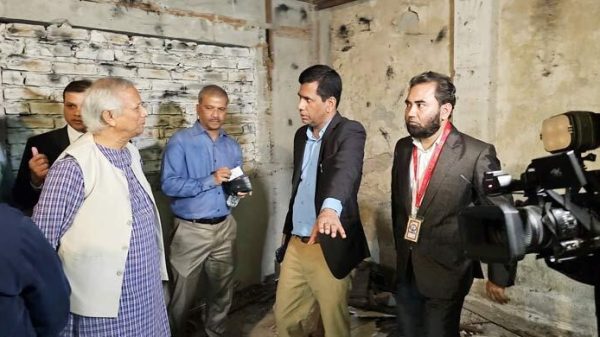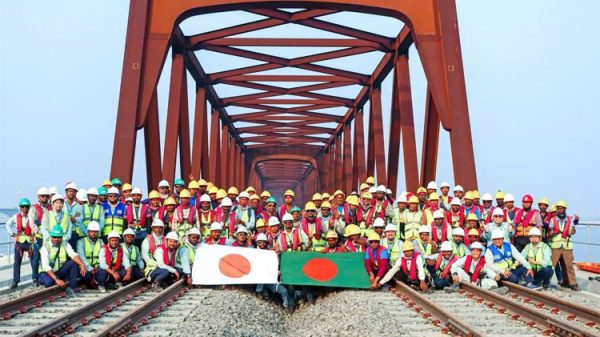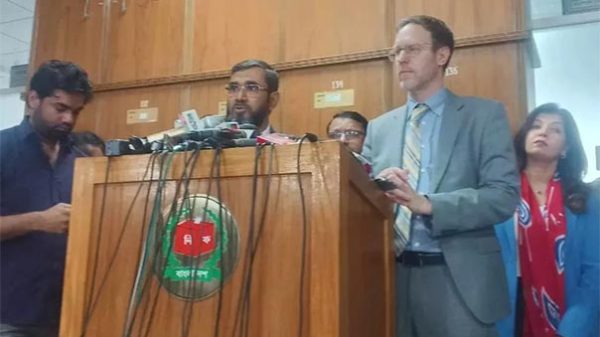PM stresses global efforts for Rohingya repatriation

- Update Time : Sunday, 28 January, 2024, 02:59 pm
- 73 Time View
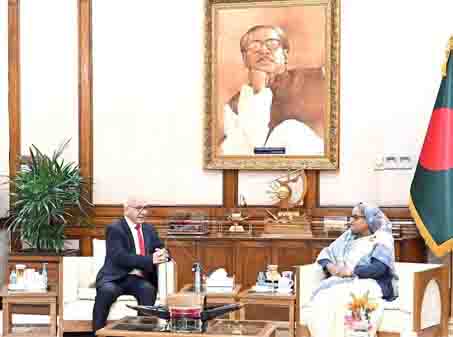
Online Desk: Prime Minister Sheikh Hasina today called upon the international community to take measures to repatriate Rohingyas to their homeland Myanmar and ensure their dignified life there.
“The world should think that how the Rohingya crisis can be resolved so that they could return to their homeland and have a decent life there,” she said.
The premier said this while a British cross party parliamentary delegation led by Vice Chair of All Party Parliamentary Group (APPG) on Bangladesh and Chair of APPG on Indo-British, Virendra Sharma, MP, paid a courtesy call on her at her official Ganabhaban residence here.
PM’s Speechwriter M Nazrul Islam briefed the newsmen after the meeting.
This is the first parliamentary visit from the UK since general elections were held in Bangladesh on January 7 last.
During the meeting, Sheikh Hasina said they gave shelter to the Rohingyas after their mass exodus in face of inhuman torture in 2017.
The Myanmar has agreed to take back their nationals, but has yet to take any measure to this end despite the fact that six years have already passed, she said.
Mentioning that the global monetary assistance decreases since the Covid-19 pandemic and Russia-Ukraine war, she said, “So, Rohingyas are now becoming a huge burden for a small country like Bangladesh”.
The five-member parliamentary delegation includes Paul Scully, MP, former Conservative Minister for Tech and Digital Economy, Neil Coyle, MP, Member of UK House of Commons Select Committee on Foreign Affairs, Andrew Western, MP, Opposition Whip at the House of Commons and Dominic Moffitt, Senior Parliamentary Assistant at House of Commons.
– Deteriorating ties –
Recent months have seen a sharp deterioration in ties between the two Koreas, with both sides jettisoning key tension-reducing agreements, ramping up frontier security, and conducting live-fire drills along the border.
Earlier this month, North Korean leader Kim Jong Un declared the South his country’s “principal enemy”, jettisoned agencies dedicated to reunification and outreach and threatened war over “even 0.001 mm” of territorial infringement.
In Seoul, President Yoon Suk Yeol told his cabinet that should the nuclear-armed North carry out a provocation, South Korea would hit back with a response “multiple times stronger”, pointing to his military’s “overwhelming response capabilities”.
At Pyongyang’s year-end policy meetings, Kim threatened a nuclear attack on the South and called for a build-up of his country’s military arsenal ahead of armed conflict he warned could “break out any time”.
In January, the North launched a solid-fuel hypersonic missile, just days after Pyongyang staged live-fire exercises near the country’s tense maritime border with South Korea, which prompted counter-exercises and evacuation orders for some border islands belonging to the South.
Kim also successfully put a spy satellite into orbit late last year, after receiving what Seoul said was Russian help, in exchange for arms transfers for Moscow’s war in Ukraine.

